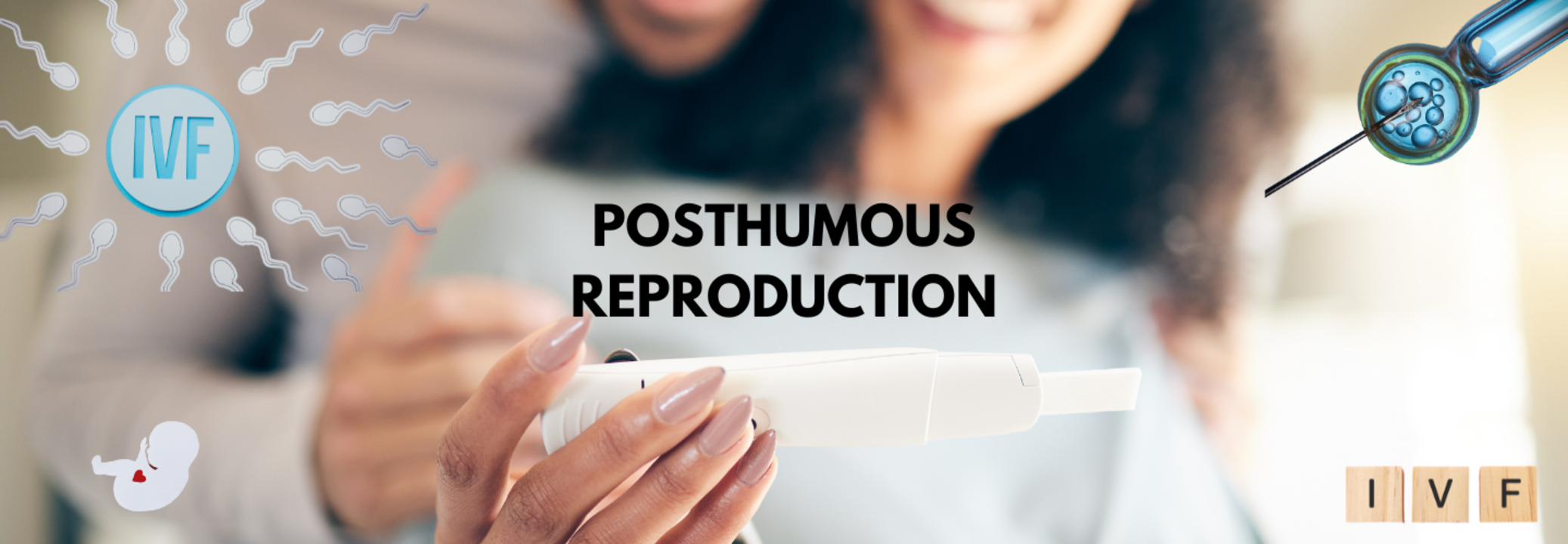Explained: What Is Posthumous Reproduction?

SummaryIn a historic ruling, the Delhi High Court has authorized posthumous reproduction, allowing parents access to their deceased son's frozen sperm for surrogacy—a groundbreaking shift in Indian reproductive rights.
End of Article
